And 5 common mental blocks after injury
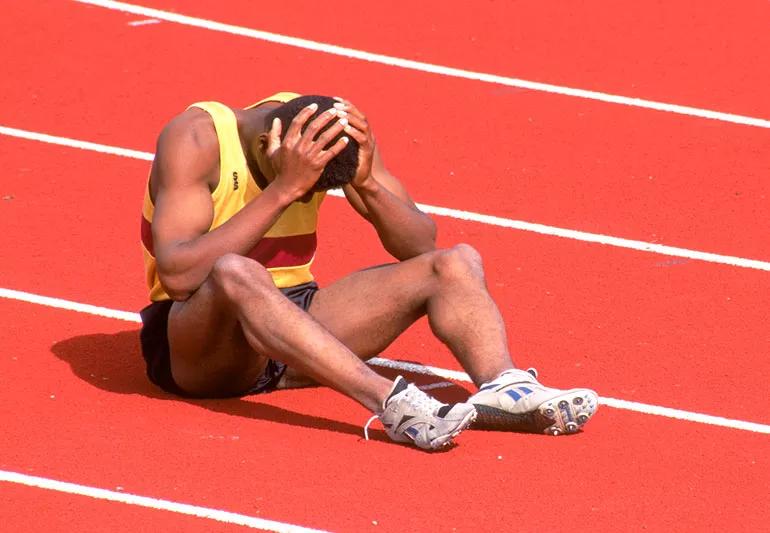
Your doctor has cleared your return to sport after injury, but your gut says you’re not quite ready. You’ve physically recovered, so what gives?
Cleveland Clinic is a non-profit academic medical center. Advertising on our site helps support our mission. We do not endorse non-Cleveland Clinic products or services. Policy
“We need to do a better job of addressing mental as well as physical aspects of athletic injuries,” sports psychologist Matthew Sacco, PhD, says. “Then we stand a better chance of getting people the help and support they need.”
Dr. Sacco outlines how to mentally deal with sports injuries so you can get back to your physical peak.
No one — no matter your age, gender or level of competition — is immune to sports injury. According to the U.S. Centers for Disease Control and Prevention (CDC), 8.6 million sports- and recreation-related injuries happen every year. But overcoming a sports injury involves more than physical rest, rehab and practice. Athletes need to harness their brainpower, too.
“There has always been a heavy emphasis on mental performance in sports. Professional athletes often say they rehearse their routines in their minds before a performance. This practice can significantly improve performances,” relates Dr. Sacco.
“But now, we have a deeper understanding of the role that psychological well-being plays in overall functioning in sports. Better managing mental health issues has a much greater impact than we thought,” he notes.
That’s why colleges now put a bigger emphasis on their athletes’ mental health — not just performance. They even have providers that help students manage preexisting and ongoing mental health issues.
“More effective treatment and management leads to overall athletic performance improvement,” Dr. Sacco explains. “If you experience psychological distress, that’s stress on your body’s autonomic nervous system, or the fight-or-flight response. It makes it harder for your body to rest and repair.”
The body needs the mind so it can reach its maximum potential, especially after injury. Dr. Sacco reports, “Research shows that if you have a realistically optimistic outlook (‘Recovery will be tough, but I’ll get through it’), you’ll recover more quickly and completely than if you have a negative outlook (‘I can’t believe this happened. This is the end.’)”
“That’s why it’s important to address an athlete’s thoughts about their injury,” he says, “because it does lead to improvements in the recovery process.”
The exception? Concussions. “They’re more challenging. They don’t have that predictable timeline and are fundamentally different.”
Dr. Sacco discusses five common mental blocks that can happen after a sports injury:
If your inner voice skews toward half-empty, it can hurt your recovery. “Having a negative, pessimistic outlook can hamper the recovery process,” says Dr. Sacco.
Dr. Sacco says black-and-white thinking is common among athletes. “They think, ‘If I don’t do it perfectly and get it exactly right, then it’s a failure,’” he says. “This kind of thinking can lead to the strong drive for success that you see in elite athletes.”
“But being so rigid in your psychological thinking can make it difficult to recover when something unexpected happens.”
Dr. Sacco sees athletes whose progress stalls despite being physically on track. A fear of re-injuring themselves is often the culprit.
“An injury usually hurts. And it’s hard to differentiate between the hurt and soreness that helps and the type that harms, so you may react to all pain as if it’s catastrophic,” he notes. “Just that mere sliver of doubt can really impede recovery.”
Anything that causes stress, including everyday worries, can affect your ability to recover. These concerns include:
“Coaches often say, ‘When you step onto the field, leave everything else behind.’ But it doesn’t work like that,” Dr. Sacco says. “It’s like telling someone, ‘Don’t think of pink elephants,’ and they automatically imagine pink elephants. Instead of telling athletes to ignore these stressors, we need to help them deal with the ancillary things that affect their well-being.”
Life stressors affect you physically as well. “Digestion stops almost entirely when you’re under stress. This is one reason why some athletes may become sick and vomit before a performance. Our bodies also do not actively engage in resting or healing. As a result, being worried or stressed can directly affect body function, including the ability to recover.”
Because of the stigma, many people have never properly addressed mental health issues. While playing sports and being active helps some people cope with anxiety and mood problems, an injury removes that coping mechanism.
“The depression or anxiety that was kept at bay starts to creep back up,” Dr. Sacco says. “This is one of the most significant hurdles that athletes can face in their recoveries. Patients tell me, ‘I had this anxiety for as long as I can remember, but when I was on the court or field, it just went away.’”
These mental blocks are significant, but you don’t have to let them impede your recovery. Dr. Sacco recommends meeting with a sports psychologist or other mental health expert to help identify potential blocks — and find ways to get past them. Sports psychologists help athletes using strategies, including:
If you’re ready to take the next step toward recovery, get in touch with a mental health provider. To find the right one for you, Dr. Sacco recommends:
The benefits could be good for you in the short and long term.
Learn more about our editorial process.

Proper form is important when pivoting, turning and landing
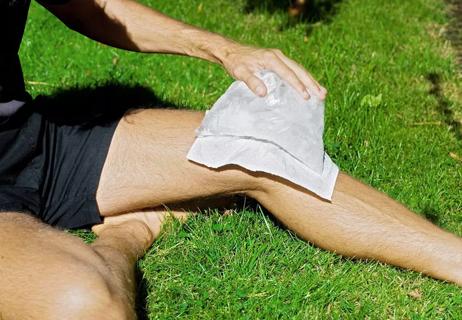
Take the ache away from your joints with these at-home exercises
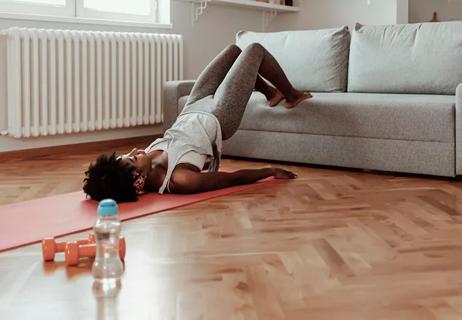
How to bounce back when a gymnastics injury has sidelined you

Help your gymnast stay healthy and strong with proper training and nutrition
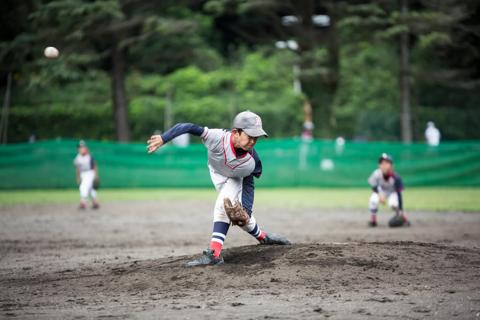
Follow guidelines to limit pitches, rest between games
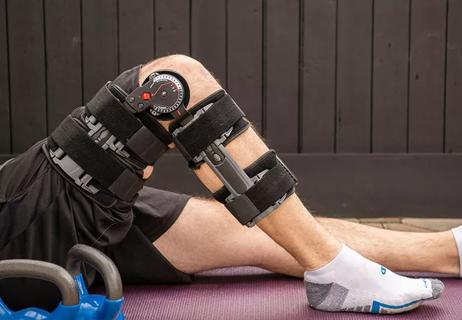
Sports medicine physicians can get you back on track
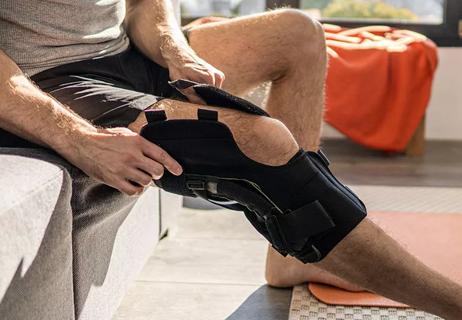
Athletic trainer answers your brace-cleaning questions

How to exercise as you age

Your metabolism may torch 1,300 to 2,000 calories daily with no activity

A gentle touch in all the right places may help drain your sinuses